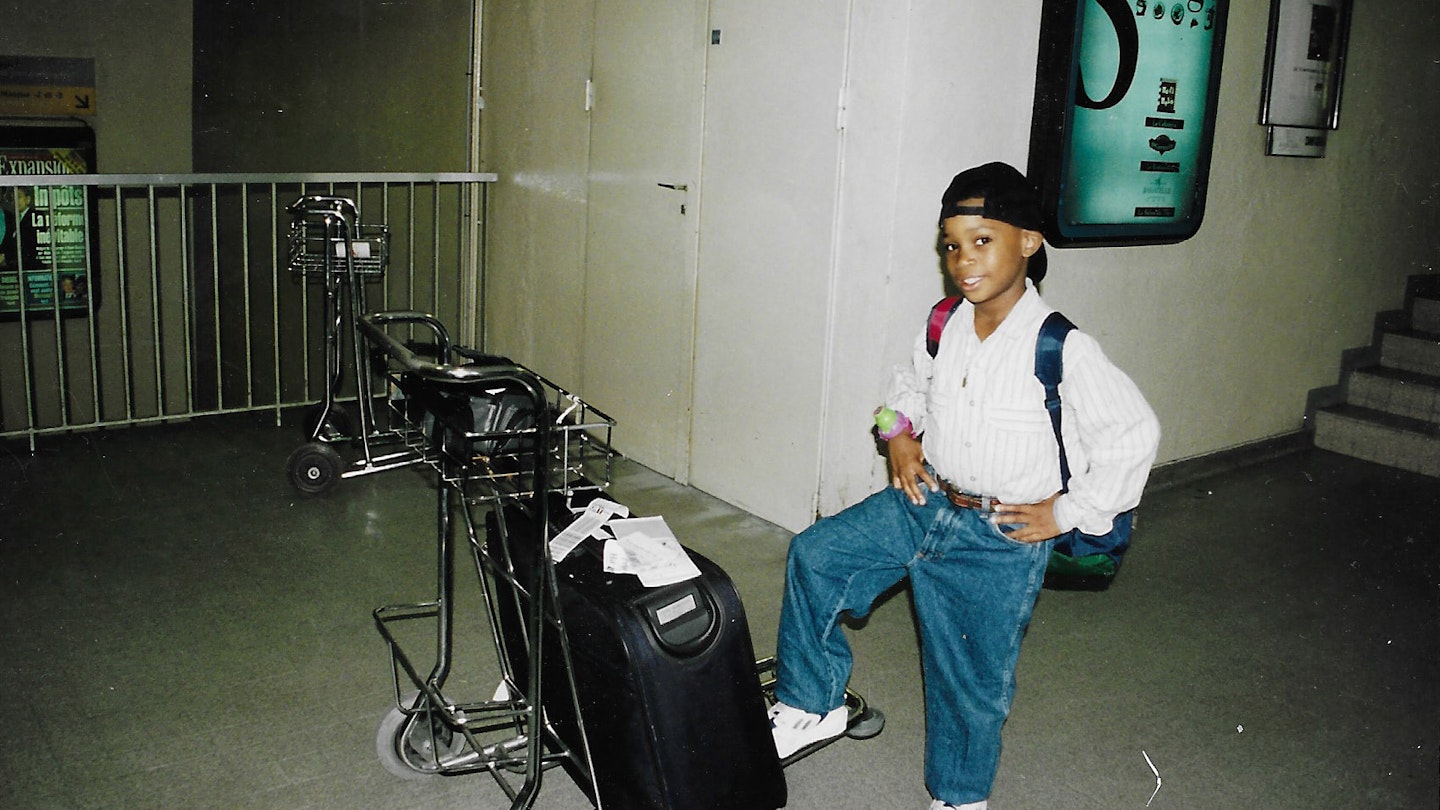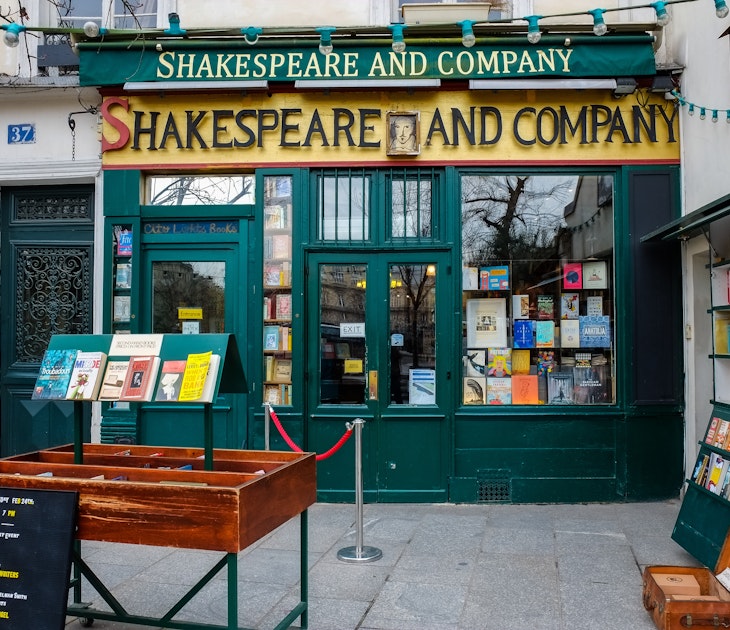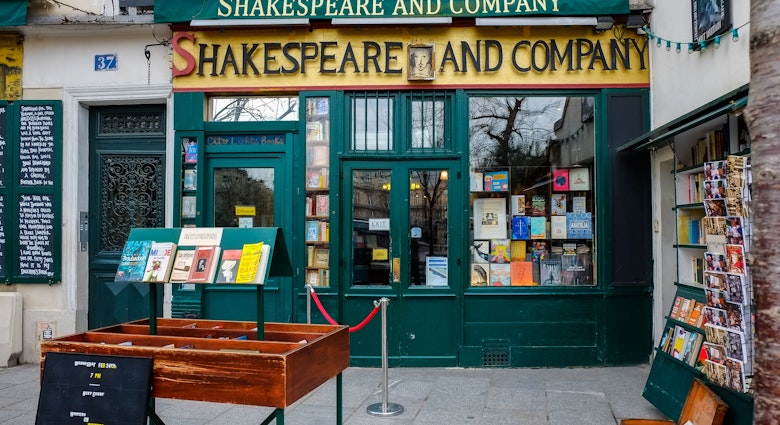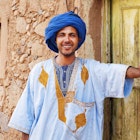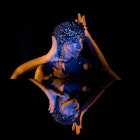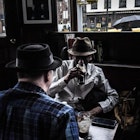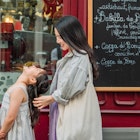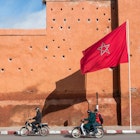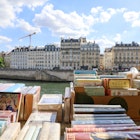The “Great African War” was a difficult chapter for the Congo-Kinshasa. For two decades, the now Democratic Republic of Congo (DRC) was torn apart by endless political and military conflicts. The conflicts not only provoked a spiral of violence in the country and blocked its process of political and economic development, but greatly contributed to the destruction of the society and collapse of the Congolese state. Traveler Abongi Gael Bokongo shares how the civil war sparked an interest in travel.
Gunshots, loud screams, soldiers
Living in my 12-year-old world I was oblivious to the brewing war. It was only through big ears – listening to the conversations of grownups that I lightly grasped the reality. Every morning my friends and I gingerly stepped over spent bullet shells during our daily soccer games on the dusty streets of Limété in Kinshasa.
Like a low-hanging gray cloud, there was an atmospheric change. Parents spoke in hushed tones late in the night and cautioned their children to avoid staying outside for any length of time, the usual visit to family homes was curtailed.
While my dad appeared calm and in charge, as an adult, I now understand he was just as fearful as everyone else. His silent strength made me and my two younger brothers and sister feel safe. We knew if dad was around everything was going to be OK. He had the right words, perfect tone and disposition that put all worries at ease.
But something was off.
Conversations between my parents took on a new sense of urgency, tones changed. And although they tried to keep their arguments to intense whispers once again my “big ears” picked up bits and pieces.

My mom became sterner. She was mixing words between French, Lingala and Swahili as a result of the trepidation she felt but couldn’t openly express to the family. In her quest to keep things as “normal” as possible for us, she internalized her fear and apprehension which only showed itself during infrequent angry exchanges with my dad.
My brothers and I received a host of new warnings about going outside to play with friends, while my sister wasn't allowed out at all. My parents’ fear of her being kidnapped and raped by rebels meant she was on permanent lockdown. This was my introduction to this coward, evil act against humans.
The children of Limété got “crash courses” on survival tactics in the event of a shooting. The sound of bullets between the rebels and the police gradually became as common as a summer hit that looped over the radio.
The depth of the Congolese spirit
Though war had not officially been declared, the terror was ever-present in our daily lives. Despite it all, the Congolese people exhibited great courage and strength as they fought for their survival. In a cruel environment, the gestures of humanity and heroism doubled, people banded together in ways they had not done before – a community spirit evolved to become a comforting weight on all fears.
I remember a neighbor risking his life to save a neighborhood child from a speeding army truck racing down the street to fight rebels. Solidarity increased and strangers fraternized under the dome of survival. People truly embraced loved ones because the next day was not promised to any of us.
It was during this time my parents made the decision to act. Reflecting as an adult, I can only imagine how difficult a decision that was to make: telling your children the family was going to flee because of an emerging war.

The mission
Our parents skillfully plotted a brilliant scheme. My mom, ever the creative one, presented this entire relocation as an adventure. We were going on an escapade like Indiana Jones. She spent hours passionately describing detailed scenes from the Indiana Jones sagas. Her vivid descriptions captivated me and my brothers.
My dad cosigned everything and “sweetened the pot,” by promising a Holy Grail at journey's end. As children who were huge fans of rugged adventure and dedicated followers of Indiana Jones’ non-stop fights and escapades, this was more than we could imagine.
We were ready to leave.
I recall my brothers and I talking excitedly about the trip and recounting our favorite Indiana Jones scenes. My favorite was the high-speed mine cart chase from Indiana Jones and the Temple of Doom.
Time to go
Everything came to head at dawn on a Tuesday in mid-October when my siblings and I were awakened with the quiet but firm words, “It's time to leave.”
We jumped out of bed and hurriedly got dressed all excited for our adventure. My parents were calm, there was never any sense that this would be the journey of our life.
Things went smoothly, our parents had prepared everything ahead of time. Luggage was packed and ready. Our parents were kind but firm; it was clearly not the time to "horse around". Just when the sun was peeping from the gray sky we piled into my dad’s friend's car and were taken to the port of Matadi, located on the left bank of the Congo River, to reach Congo Brazzaville.
It all happened so quickly. I never got the chance to bid my friends farewell or share the news about my exciting adventure.
The journey begins
Despite the many large boats that seemed safe to travel on, we climbed aboard a small rickety vessel. This rusty, crusty boat blistered by the sun looked like it had seen better days. The chipped green paint of the boat gave way to the initial brown color of the wood. Safe was not the first word that came to mind once all six of us were on board. I never feared water, but the instability of the boat did not inspire tranquility.
We were joined by another family on the boat, a couple with two young daughters, probably around five and 3-years-old. I figured they might be playing Indiana Jones too.
The reality was different.
The same worry lines that were etched on my mom’s face matched those of the young mother. I quickly understood we were not the only ones fleeing which gave me a scope of the national feeling and difficult decisions every family was making at that time. But the intrigue of our trip was too much to ignore and the anticipated fun quickly erased any internal panic.
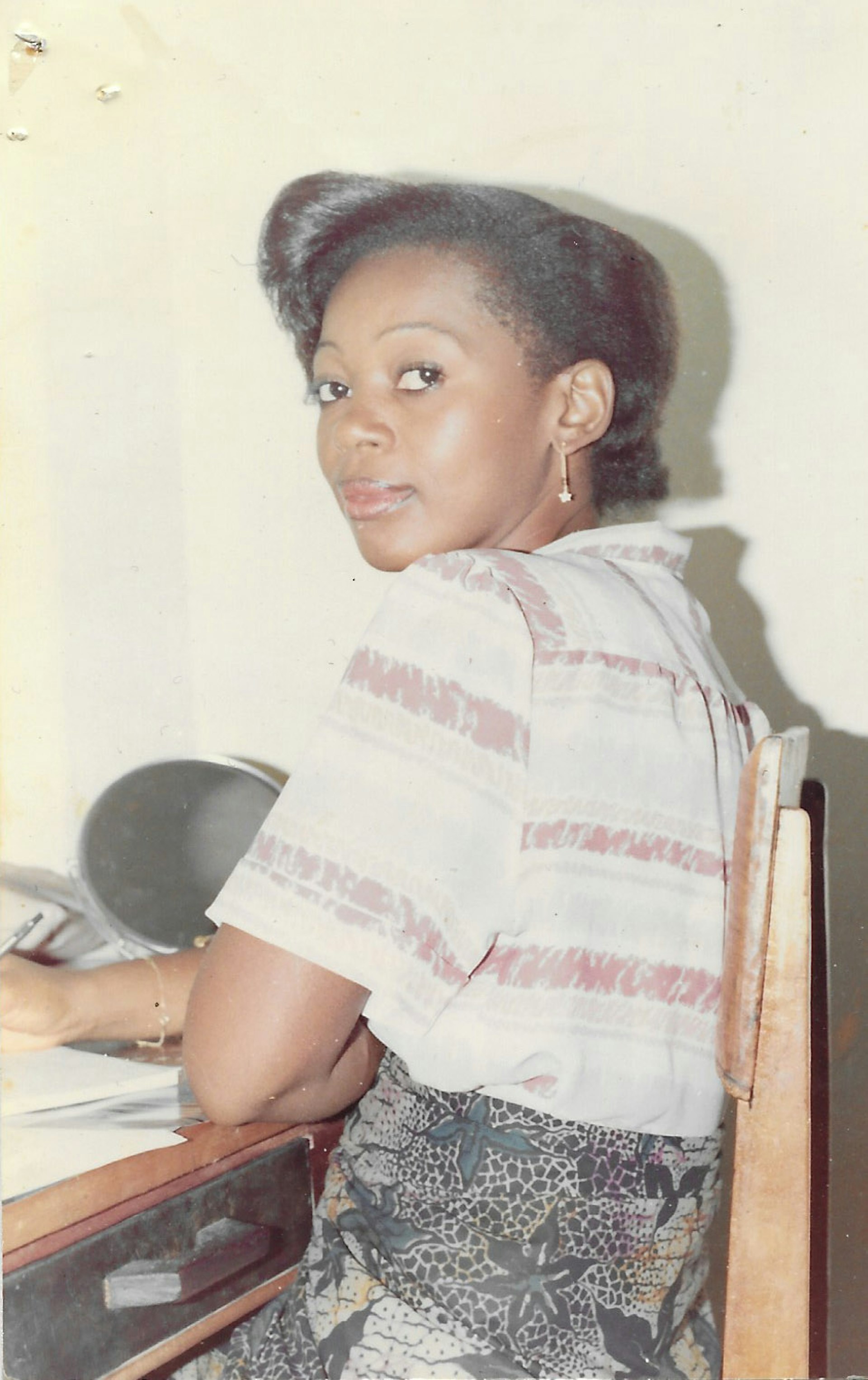
When we reached Brazzaville, the capital of the Republic of Congo, I remember seeing my father pay the boatmate on arrival. The latter said to him in Lingala: "Zambé, Apapolissa bino, bo kendé bien" which means: "May God keep you on your journey."
A friend of my mother was there to pick us up. The pair embraced and my mother actually laughed, she had finally let her guard down for a moment of joy. The pair oscillated between loud excited tones and low and somber ones – a clear demonstration of the constant worry permeating the atmosphere.
Separated by a river, Congo Brazzaville had no feelings of insecurity related to the war, none that I felt at least. People moved around freely in the streets and the children played without fear for their safety. The native language was not the same, and neither was the food. I remember that even the smell of street dust was different. It was not a culture shock, but more an observation of details that reminded me that I was no longer home.
We stayed at a hotel with a pool, sheer bliss for me and my siblings. Our stopover lasted just three days because my father's ultimate plan was to get to Paris where many of our family members lived. And thanks to my grandfather's relationship with the French embassy, we were able to get visas.
A long way from home
Our first flight was not to Paris however, it was Morocco. More precisely, the city of Rabat. Direct flights to Europe were extremely expensive at the time.
We did not know anyone in the city and my mother, after hearing horror stories about the treatment of black people from her friends, feared for our family. Although we were still in Africa, Rabat was truly new territory. I had no benchmark I could relate to.
People in long loose-fitting unisex outer robes with full sleeves called djellaba filled the souks where I would go shopping.
The food was incomparable to what I knew. I fell in love with the chorba which is a Morrocan soup with vegetables and meat. The tea had so much flavor and insane amounts of sugar, which delighted my young taste buds.
The residents spoke louder than I was used to and, if you don’t know the culture, you might think everyone was arguing. I really felt like Indiana Jones. Like him, I was discovering new things and adapting to a new environment.
For a whole week, my dad used the few words in Arabic he’d learned so people wouldn’t think of him as a tourist. Without saying a word, he showed me that the first connection anyone could have to another culture is putting in the effort to learn their language.
But I still missed my home, despite its situation. My father reminded me that this was the last step before our Holy Grail. To him, the Holy Grail was stability and a better future in Europe for the family.
After a final flight to Paris, the family had officially left the Congo and its war behind. We accomplished the mission. I was happy to be in a new environment but felt a bit confused after a couple of weeks in Paris.
Without that mission, a destination ahead of us, I felt lost. I asked my dad what we were supposed to do now that we made it. And with his calm tone, he explained to me that this was our home now and that we had to be grateful for a new life. We were lucky to have a new beginning, and a lot of people didn't have that same chance.
He told me I shouldn’t be saddened by the fact that I never got the chance to say goodbye to some of my friends because just like Indiana Jones, I would find my way back home when the time was right. He reminded me that we had an adventure like no other before.

Fostering a love of travel
That journey, done out of necessity, ignited a thirst for constant exploration and adventure that embodies who I am today. I took my first solo trip around the age of 14 when I visited my family members across Europe. I studied abroad in the US and kept on traveling and exploring.
This passion led me to jobs where travel was a priority, like commodities gas analyst, and now as a travel content creator for my own marketing company – Eyestell. Every time I’m introduced to new traditions or try new food, it brings me back to that 12-year-old boy who embarked on the biggest adventure of his life.
The excitement for experiencing new cultures never subsided, I now share my passion with my 7-year-old daughter, Deïyna, who has inherited a thirst for adventure. Together we have visited more than 30 countries, across four continents. Deïyna and I have experienced diverse cultures from Japan to Senegal and Mexico to Uzbekistan. Her passion for traveling and discovering is greater than anything I could imagine.
You might also like:
How a pulmonary embolism nearly canceled my honeymoon
Lessons from the Dientes de Navarino trail
How I quit my job to become a travel writer
This article was originally published in April 2020 and updated in June 2020.
